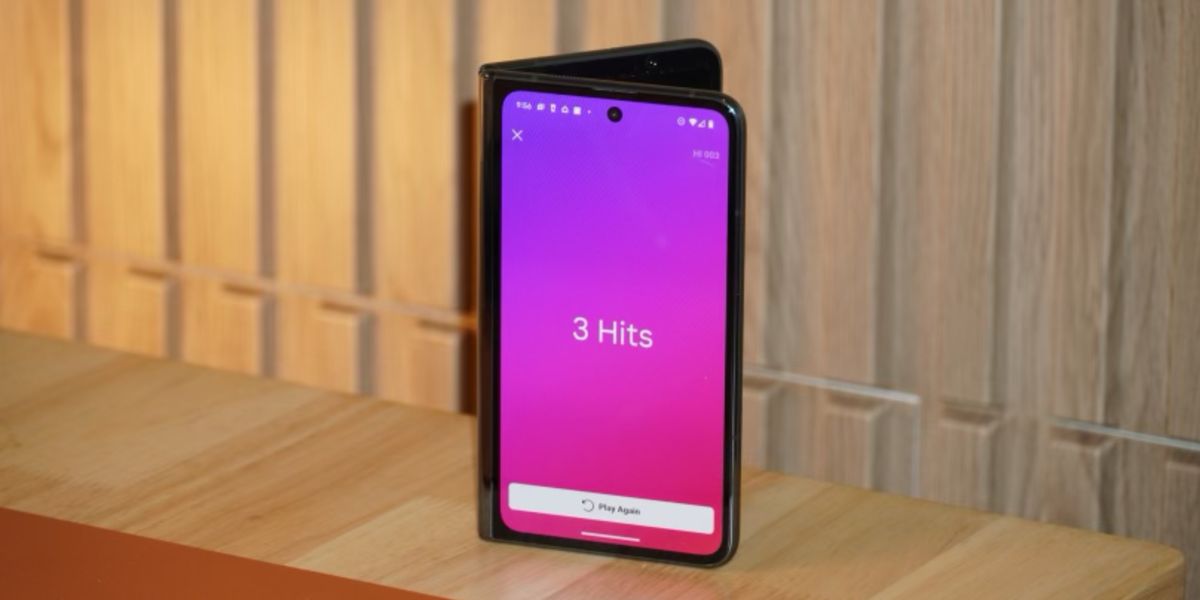Get the latest tech news
Emojis are not a universal language: Gender, age and culture influence their interpretation
A recent study states that a person’s background can completely change their understanding of these symbols
The authors used six emojis from four different platforms (Apple, Android, Windows and WeChat) that represented six emotions: happiness, disgust, fear, sadness, surprise and anger. The authors point out that the explanation may have to do with the way these symbols are used, as Chinese respondents tend to represent these emotions with completely different emojis: for instance, they use happy faces with negative connotations, such as sarcasm. These tiny pictograms have been increasing in complexity and diversity: in 2015, emojis representing body parts or people performing actions began to be available in different skin tones.
Or read this on r/technology
/cdn.vox-cdn.com/uploads/chorus_asset/file/25325060/VRG_DCD_Kyle_Chayka.jpg)
